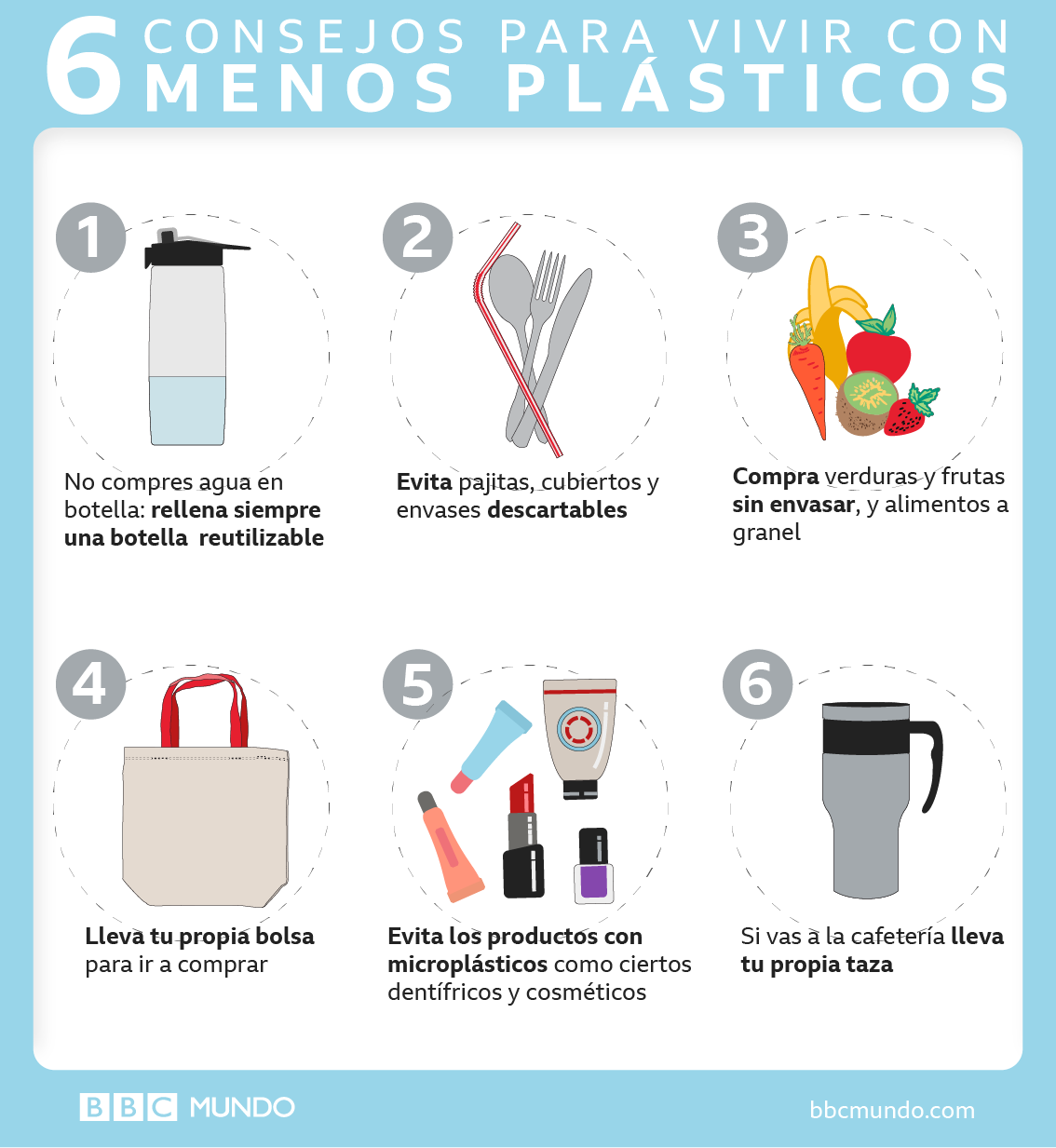Good afternoon!
After all the work and effort that this work has brought us, we can already show the conclusions we have obtained:
In response to the objectives set in advance, we have fulfilled what was our first goal in our work, which was based on proposing a series of alternatives to reduce the consumption of plastics that some of these supermarkets are beginning to adopt and some more than In our opinion, it would be interesting to adopt and carry them out.
- Measurements:
- Promote the use of reusable bags.
- Replace the plastic bags entirely with others made of paper, cloth, raffia, recycled material, etc.
- Reduction of plastic packaging using other materials such as cardboard.
- Implementation of refillable containers or having the option of bringing your own to buy products such as milk, juices, etc.
- Undertake more publicity to educate consumers about reducing the use of plastic bags.
- Increase the sale of fruits and vegetables in bulk.
- Replace the plastic bags or containers in which the fruit or vegetables that are not in bulk are collected by biodegradable nets or cardboard containers.
- Increase bulk sale in other products than fruit and vegetables such as; for example, nuts, legumes, etc.
- Reduce the amount of plastic wrap for a single product.
- Reduce single-use items and replace them with other biodegradable or recyclable materials.
- Eliminate unnecessary plastic products such as plastic cups, plates and cutlery, straws, etc.
- Change, again, the plastic cars for the metal ones.
Regarding the second objective, after carrying out a thorough investigation on the measures taken by food companies and other types of companies, we have come to the conclusion that companies are indeed taking precautions to reduce plastics or encourage recycling. From small stores and companies in the process of growing to large companies known to all have taken a step into the future by implementing measures to help the environment, some in a higher percentage than others but the vast majority of them all try to do something to try to contribute to the cause.
Our third objective was to see the degree of involvement of young people and adults regarding the issue of plastic. In order to achieve our objective, we decided to carry out a series of surveys of young people and adults of very different ages to see how aware they were of this issue. So when conducting these surveys, we obtained a series of results, from which we have concluded that as the age of the respondents increases, they are becoming more aware of the issue of plastic and what are the problems that this is causing and As age decreases, young people become less aware as this topic does not seem important to them and is not one of their main interests.
Finally, in response to our fourth and final objective, After specifying the data obtained from this, making a sample to verify that the supermarket was more aware of recycling and reduction of plastic measures, we went to different supermarkets in the region with a list of improvements that these should have adopted to be thus affiliated with the fight for the reduction of plastics. After collecting the data from all the different businesses, we conclude that Carrefour, Mercadona and, in general, several of the large businesses are the ones that have taken the most measures to contribute to the cause, while the small neighborhood shops or small supermarkets are the ones which have implemented less measures in their products. We also compared our data with the Greenpeace ranking between April 2018 and December 2019 and concluded that the results were not the same.



